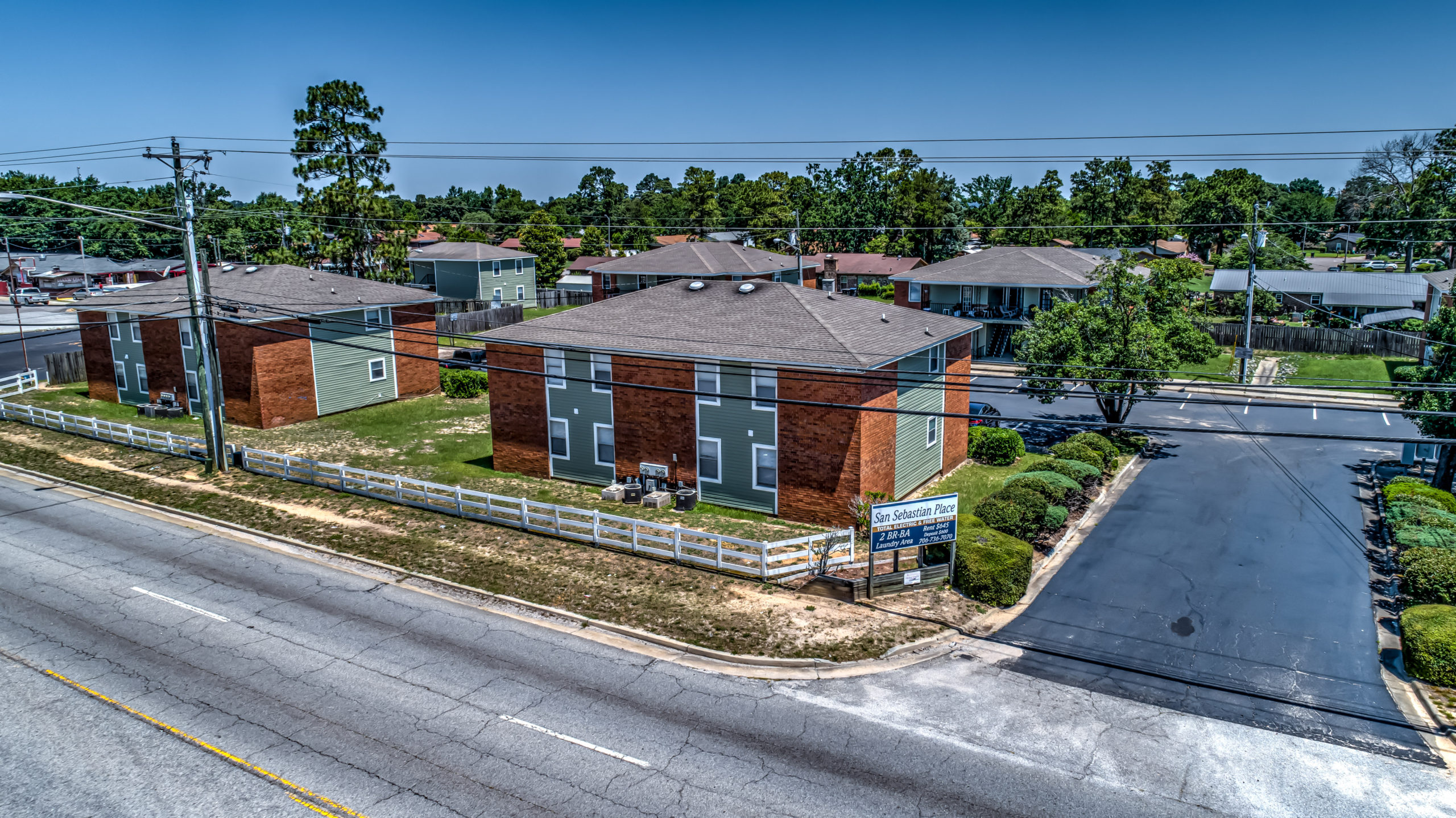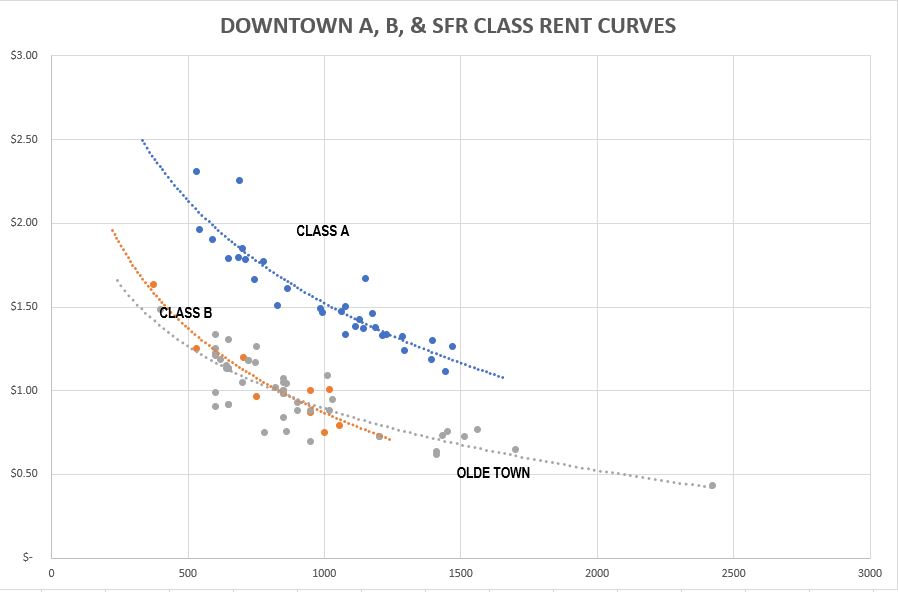Historic Tax credits are incredibly complex instruments. They can be used to make historic renovation projects feasible that otherwise would not make financial sense. They can be coupled with other programs such as the opportunity zone program or enterprise zone programs. This article will cover some of the basics and provide links to helpful resources.
What are historic tax Credits? Historic Rehabilitation Tax Credits are available for developers who renovate historic buildings. These include federal and state historic tax credits. The federal tax credit is 20% of the qualified expenses over 5 years. Most states (GA and SC included) have 25% tax credits, often with a cap. Georgia’s tax credit is capped at $300,000 for the time being, and South Carolina’s is capped at 1,000,000.
Which buildings qualify for this credit? Buildings located in historic districts or individually listed in the national register of historic places qualify, also buildings deemed by the state historic preservation office to be historically significant.
What are financial guidelines? First, you must spend more than the adjusted basis in your renovation. Make sure to talk with a tax professional to help you organize this calculation, but basically you must spend an amount greater than what the building is worth. Second, only certain expenses are eligible for the credit—these are “qualified rehabilitation expenditures” (QREs). QREs include construction costs, taxes, consulting expenses, architectural costs, among others. Generally, additions to the building do not quality, as well as furnishings, commissions, and appliances.
Are there guidelines for the renovation? Yes. The secretary of the interior has guidelines for the renovation they’d like applicants to follow, repairing rather than replacing historic elements, preserving distinctive finishes and features, and maintaining the historic character of the building. You can see their 10 principles here.
Is there a requirement to hold the property for a certain amount of time? Yes. You must hold the property for 5 years.
Who can use historic tax credits? In many cases, application of the Federal tax credit is limited to passive income for taxpayers with adjusted gross income above $250,000. Real estate professionals, short-term rental operators, and C-corps are exempted from this rule. See questions 35-37 here.
How do you apply? We generally recommend that an applicant work with a consultant and an accountant to help them with the applications. Reach out to us and we can connect you with expert consultants.
We’d love to learn from you and hear your feedback! Have you ever participated in a historic tax credit project? Have you evaluated a historic renovation?







Leave A Comment